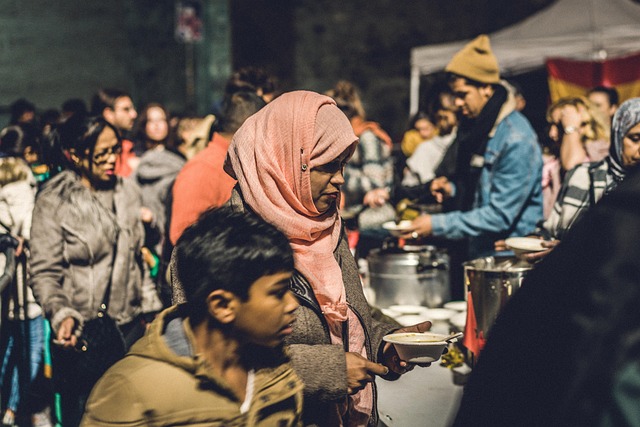Networking across faith communities is not just about creating connections; it’s about building bridges that span beyond individual beliefs and practices. In today’s increasingly polarized world, the importance of interfaith dialogue and collaboration cannot be overstated. By engaging with others, we foster understanding, empathy, and a shared sense of purpose that transcends our differences.
When we think about networking, especially in the context of religion, we often envision leaders from various faith backgrounds coming together to share ideas, resources, and strategies. But networking is much more than that; it is about creating a community where every voice is heard, valued, and integrated into a larger narrative of coexistence. This can manifest through collaborative events, prayer services, and educational seminars that promote interfaith understanding.
Across numerous religious traditions, the common thread of seeking connection is profoundly evident. Whether it’s a church organizing a charity drive in collaboration with a mosque or a temple partnering with a gurdwara to tackle local issues, these actions exemplify networking that not only strengthens individual communities but also enhances the social fabric of our society.
The act of reaching out fosters relationships that can pioneer new initiatives and innovative solutions to shared challenges. By networking with peers from diverse faith backgrounds, we open doors to countless perspectives that allow us to address social justice issues effectively. These partnerships can lead to meaningful changes in our communities, encouraging proactive engagement rather than passive coexistence.
However, the journey of networking within faith communities is not without its obstacles. Misunderstandings and preconceived notions can hinder the process. It’s essential to approach networking with an open heart and mind, prioritizing respect and dialogue. Creating forums where individuals feel safe to express their beliefs can facilitate this process, allowing for fruitful conversations that break down barriers.
One of the most rewarding aspects of networking across faith communities is the sense of belonging it nurtures. In a world where many feel isolated, the union of various faith groups can create a strong sense of community. When we come together, we recognize our shared humanity, encouraging not just tolerance but genuine appreciation for each other’s beliefs and practices.
Moreover, this networking can inspire the younger generation to engage in interfaith initiatives. By modeling collaborative behavior, we can equip future leaders with the tools necessary to continue promoting understanding and respect among various faith traditions. Educational programs that include interfaith dialogue not only enlighten young minds but also prepare them to navigate the complexities of a diverse world.
Ultimately, the heart of networking across faith communities lies in our ability to listen and learn from one another. It’s about creating relationships where faith is not a dividing factor but a unifying force. As we continue to build bridges between our communities, we can pave the way toward a society enriched by its diversity, creating a tapestry where every thread, every faith, is recognized and celebrated.




